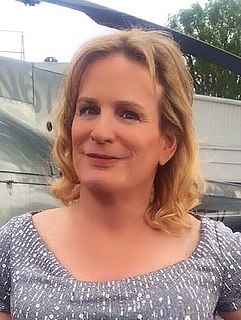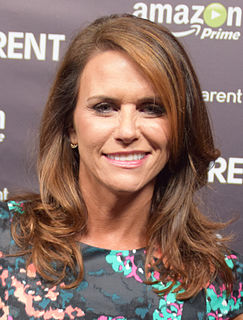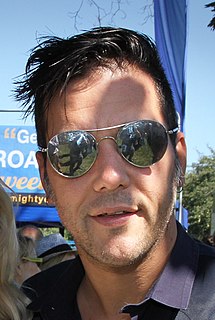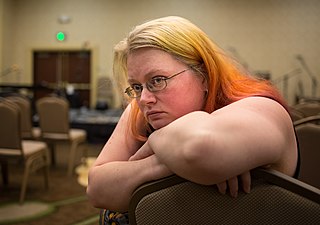A Quote by Nat Hentoff
The main jobs would be The New Yorker, The Village Voice, The Washington Post and - I'm thinking of The Reporter when Max Askeli was there, but I got fired from The Reporter.
Related Quotes
I was very much against the Vietnam War, and Max Askeli was visiting Lyndon Johnson in the White House cheering him on, writing editorials. And in The Voice one day I once referred to him as Commander Askeli. And I called in to The Reporter to go over the galleys of a music piece I had written, and the editor whispered to me, `It's not gonna run. You're not gonna run. Max Askeli has fired you because of what you said about him.'
I never went into it [the business] thinking 'I'm a female sports reporter'. I just went into it thinking 'I'm a sports reporter'. No chip on the shoulder, no feeling like a victim when you walk in, no feeling entitled when you walk in. You've just got to do your job and work extremely hard. I think it's very basic. There's no magic to it. I think honestly it comes down to how badly do you want it. How hard are you willing to work?



































